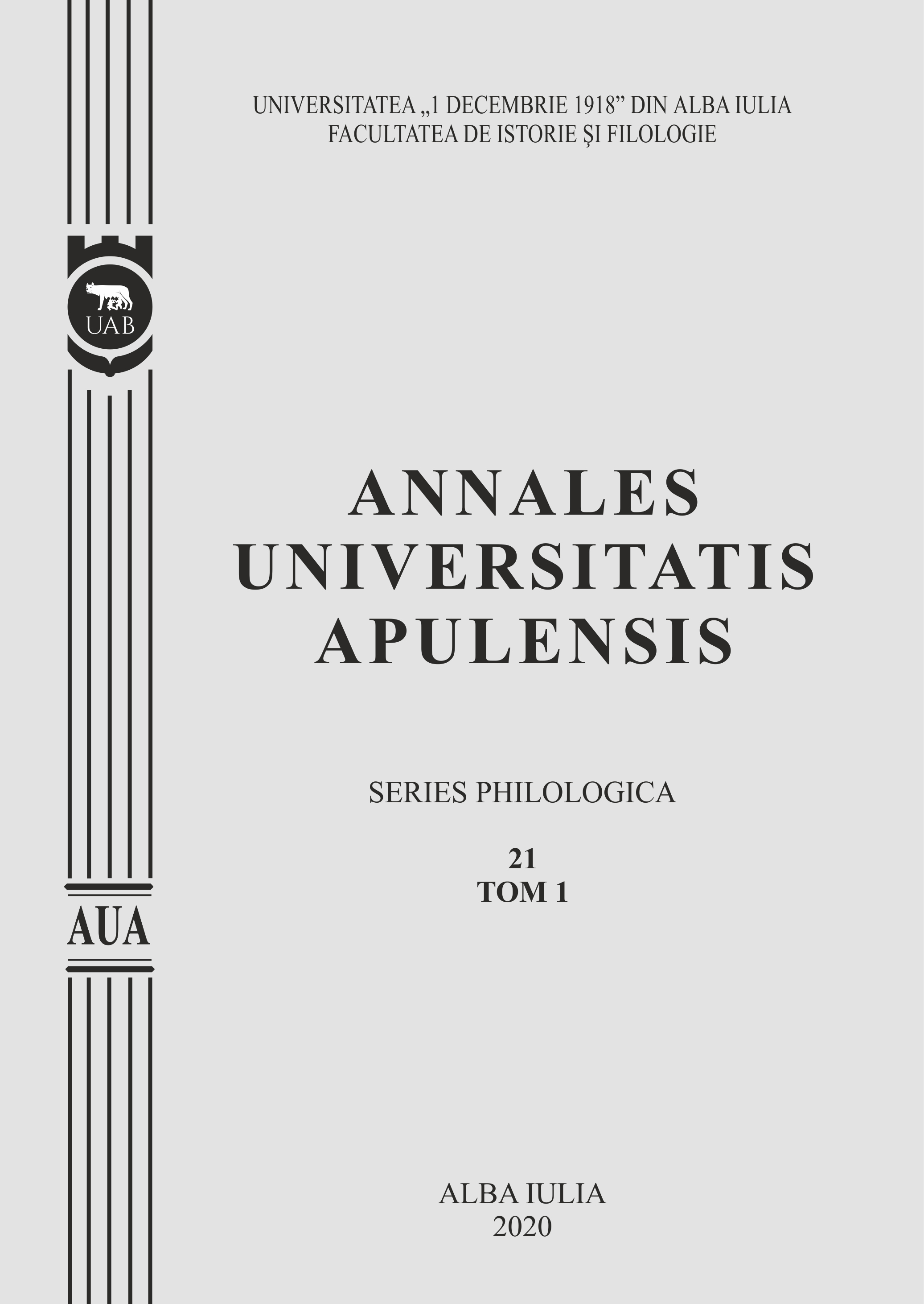VIRTUAL LEARNING, POSSIBILITIES AND LIMITATIONS OF APPLICATION IN UNIVERSITY EDUCATION
VIRTUAL LEARNING, POSSIBILITIES AND LIMITATIONS OF APPLICATION IN UNIVERSITY EDUCATION
Author(s): Ramona Iulia HermanSubject(s): Social Sciences, Education, Higher Education
Published by: Universitatea »1 Decembrie 1918« Alba Iulia
Keywords: virtual learning; university education; student centred learning; e-learning, online courses;
Summary/Abstract: This article is a synthesis based on the literature, regarding the way in which the forms of virtual learning, e-learning and online courses are materialized in university education. In higher education, the e-learning model is related to the delivery of educational content through programs, through the computer. Thus, the motivation for writing this paper is based on the fact that we live in a constantly changing society, with a dynamic sometimes difficult to anticipate, with favorable or sometimes critical contexts, which leads us to consider it appropriate that the education system as a whole, but especially university education, to be open to all the possibilities offered by technology, while maintaining its quality standards. Also, the new social and health context that we are currently experiencing with the internal and external resources we have, requires us an increasingly pronounced capacity for adaptation, which is also reflected in the social subsystem called university education. In order to understand in depth these concepts, we first approached the models of learning applicable in the virtual environment, especially those specific to adult education. Cognitive and constructivist pedagogies have also developed in relation to e-learning, and the virtual educational environment, based on collaboration, is based on these pedagogies. Thus, the models presented in this article aim at programmed instruction, self-regulated learning and situated learning. We also made a brief presentation of the characteristics, forms, advantages and disadvantages of applying virtual learning with all its forms in university education. We also described ways to organize and optimize online courses, but also other forms of virtual learning, such as blended learning, learning through webinars and educational blogs. As a result of studying this topic, we consider it important that teaching methods and learning resources are rethought in accordance with current contexts, characterized by an increased demand for new individual and collective skills, with quick and direct access to knowledge and an increased degree of autonomy in learning. We consider that it is also vital for the university to make extensive use of technological support, online learning platforms, to restructure its curriculum and the way in which it configures educational relations, but especially to train teachers to accept and implements technology in teaching. We believe that, in the medium term, this desideratum is possible, by integrating blended learning into the current teaching practice in the university.
Journal: Annales Universitatis Apulensis. Series Philologica
- Issue Year: 21/2020
- Issue No: 1
- Page Range: 305-312
- Page Count: 8
- Language: English

